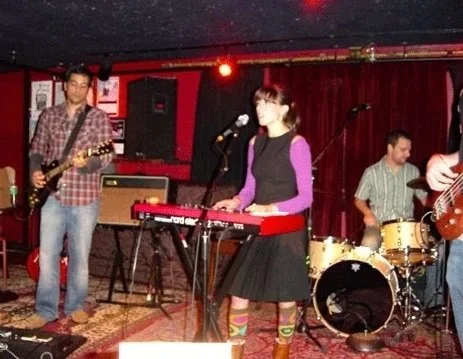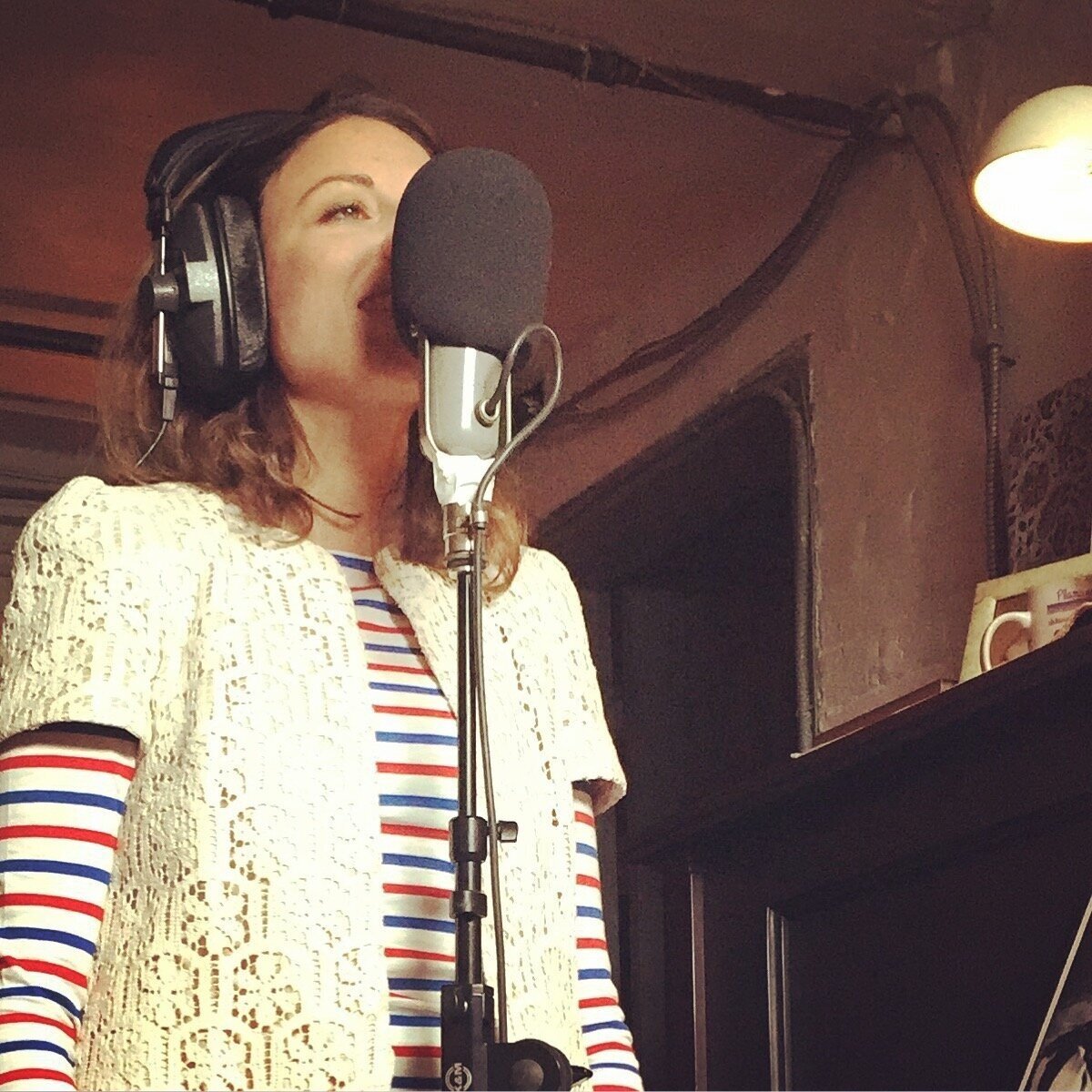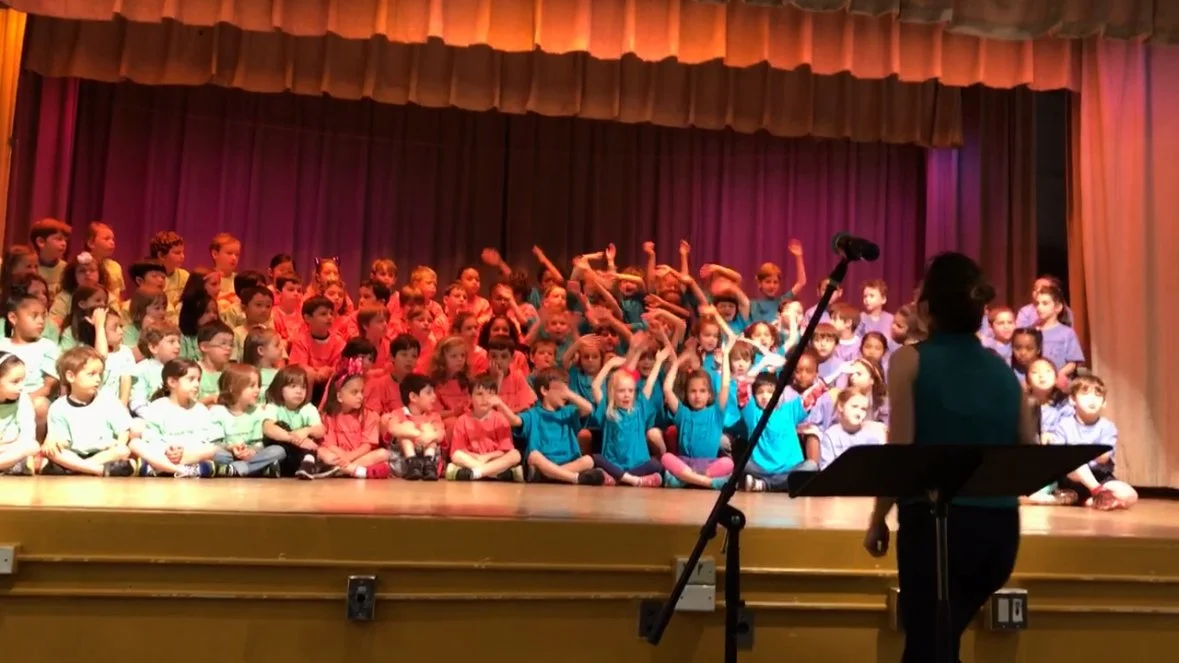BIO
Christine de Michele, M.A. is an award-winning vocalist, published songwriter (DE), keyboardist, and music educator. She has written and released two acclaimed albums—Maritime Cowboy and View—and is currently an active improvising performer / collaborator in the Carolinas.
She has recorded with Grammy-winner Malcolm Burn (Bob Dylan, Emmylou Harris), Princess Superstar (Grammy nominee), Brad Roberts (of Crash Test Dummies), Greg Calbi, and Brian Landrus; appeared as an on-screen pianist in the 2025 film Christmas in Mistletoe; and has performed with many distinguished musicians over nearly three decades.
For 15 years, de Michele contributed to the advancement of New York City arts & culture, designating more than 10,000 hours of private music instruction through her teaching practice and serving in creative leadership roles including communications director, program manager, program designer, choral director, grant writer, and board member at organizations 92NY, Jazz Generation, Turtle Bay Music School, NYC DOE, Music for Autism, and international groups such as Human Dignity and Humiliation Studies. She has provided pro bono artistic support to New York Philharmonic (Very Young People’s Concerts) and the VH1 Save the Music Foundation, extending her commitment to high-quality music experiences for young participants. Most recently, de Michele served as a communications strategist with Penn Creative Strategy, a firm whose arts clients include Jacob’s Pillow, Fractured Atlas, Brooklyn Arts Council, Lower Manhattan Cultural Council (LMCC) and Asia Society. She continues as a fractional consultant on culturally relevant projects.
Early in her career, she spent two years touring the Northeast as an indie singer-songwriter, performing at small clubs such as The Middle East and TT the Bears, and taught voice and songwriting on the faculty of the National Guitar Workshop in Boston.
She holds dual B.A. degrees in Music and English Literature from Saint Michael’s College, studied Jazz Performance and Theory at Christchurch Polytechnic Institute of Technology (now Ara), and graduated magna cum laude with an M.A. in Music & Music Education from Columbia University.
At Lizard Lounge, Cambridge, MA



